Think of delegation as a two-way street: it helps you focus on strategic work, but it’s also an opportunity for juniors to grow and build confidence. When you trust someone with a task, you’re showing that you believe in their potential and skills—and that trust can motivate them to take ownership and strive to improve.
This week’s question, “What tasks can I delegate to a junior to develop their skillset?” encourages a shift from reactionary, time-pressured decisions to intentional choices that benefits all sides.
What to Delegate?
Choosing what to delegate can be tricky—some tasks rely on your unique expertise, while others may bring you satisfaction that you'd prefer not to lose. But there are also many tasks that others can take on, and sharing those not only frees up your time but also strengthens your team. Consider two perspectives when thinking about what to delegate:
For You: Are there tasks you’ve outgrown, ones that don’t play to your strengths, or responsibilities that keep you from bigger priorities? If a task drains you or simply isn’t the best use of your time, it might be perfect for delegation. Think about the NPTs (non-promotable tasks) you have - are there any that you are hanging onto long after you have reaped their benefits (skills, network, visibility etc.).
For Them: What will help stretch their skills, align with their interests, or give them a chance to shine? Often, a task that feels routine to you is just the right challenge for someone else.
A practical way to start identifying what to delegate is with the Eisenhower Matrix. It’s a simple but powerful tool to organise tasks with urgency or importance.
Important but Not Urgent: Perfect for juniors to handle with your guidance. There’s time for them to learn and work without too much pressure.
Urgent but Not Important: These are tasks that often clutter your day. For juniors, though, they’re a chance to practice efficiency and responsiveness—and prevent those tasks from escalating into urgent and important ones later on.
By delegating unimportant tasks early, you don’t allow them to escalate into important/urgent tasks later on.
Delegation with Motivators
When it comes to delegation, setting someone up for success isn’t just about giving them the “what”—it’s about sharing the “why” and offering support so they feel both capable and motivated. Here are some key motivators that make delegation meaningful and engaging:
I understand where I fit into the bigger picture
I can see how useful this work is
I understand the process I need to follow
I have a clear plan / I can create one
I believe I can do it
The delegator checked and is confident I can do it
I have the support/training/resources I need
I know I can ask questions and will not be judged for them
I know my efforts will be appreciated
It's different, I like variety
It will fit in with my other commitments
The task aligns with my abilities or strengths
The task will stretch me in a good way - I will learn
I understand the outcomes / expectations required
The delegator was polite and friendly when delegating
Which of these motivators resonate with you the most? Take time to explore what’s important to your junior when they’re delegated a task. Delegating with these motivators in mind not only builds skills but creates an environment where team members are empowered, supported, and genuinely appreciated.
The essence of good delegation is intentionality: choosing tasks that build skills and considering how you hand them over so everyone benefits. When we delegate thoughtfully, we lighten our load and empower others to grow.
PS: This article is part of an email series explaining the weekly leadership questions in the Architect’s Leadership Journal. Why I included it, and how you can think about it. You can join this email series here.


